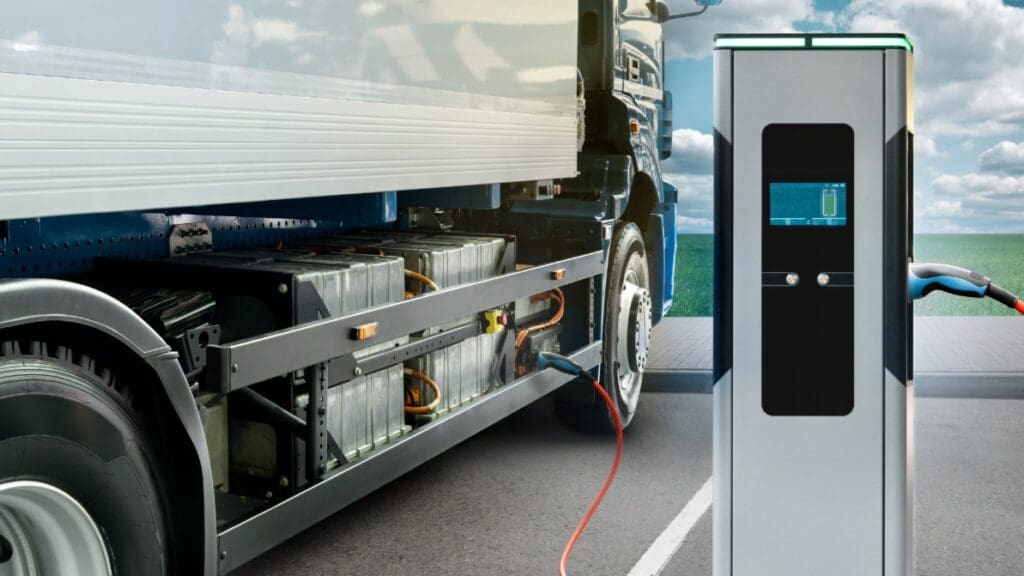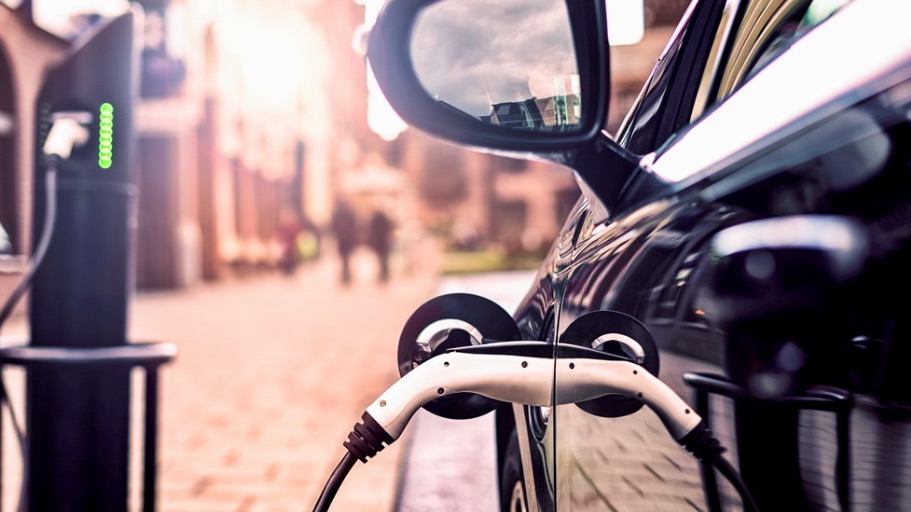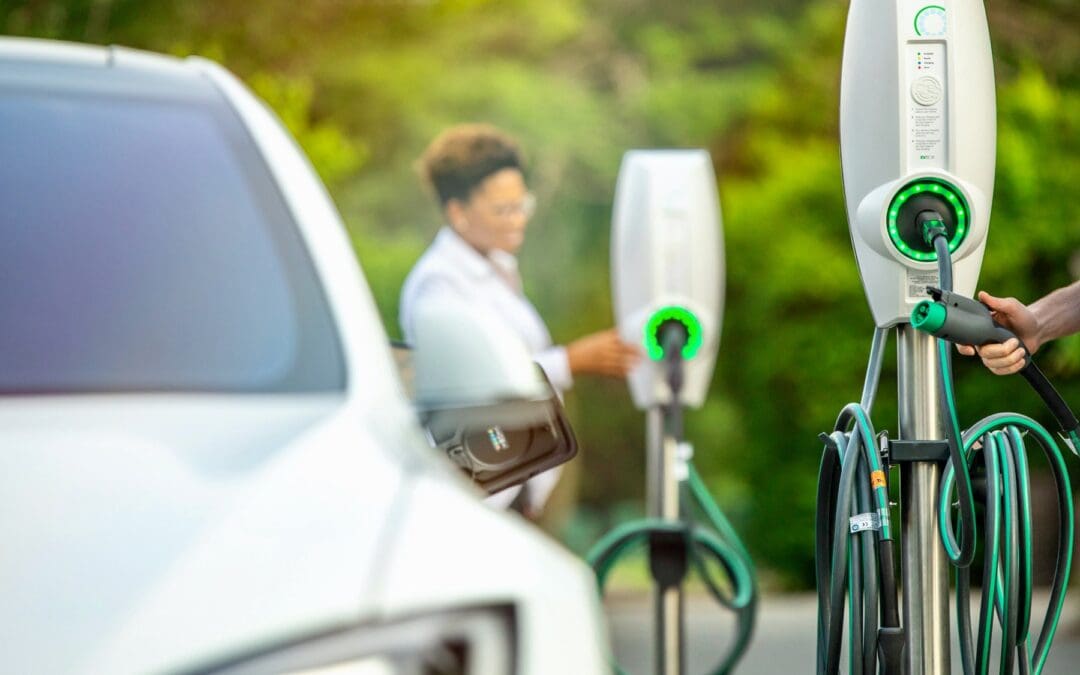The Government must do more to get people to adopt EVs, says a Lords Committee.
“If it fails to heed our recommendations the UK won’t reap the significant benefits of better air quality and will lag in the slow lane for tackling climate change,” said Baroness Kate Parminter, Chair of the inquiry.

The inquiry was launched in August 2023 to identify the main obstacles and barriers to a successful and equitable transition to the Government’s EV target for passenger vehicles and to make clear and targeted recommendations for change to meet that target. Yesterday, it was reported by the Society of Motor Manufacturers and Traders that there are now million evs on the road and this could double in just a few years as they and other motoring bodies called for Government incentives to boost take up.
The committee examined a wide range of areas: the Government’s overall approach to and messaging around the transition; the electric vehicles market and acquiring an electric vehicle; the end-of-life disposal of electric vehicles; national and regional infrastructure and charging issues; and international perspectives and comparisons.
During the inquiry, the committee heard from a range of witnesses including; members of the public, major car manufacturers, chargepoint operators, local authorities, distribution network operators, car dealerships and Government Ministers.
A House of Lords committee report, published today, has warned that the Government needs to put its foot on the accelerator if the UK is to transition to Electric Vehicles in time to meet net zero targets.
In its report; EV strategy: rapid recharge needed, the Environment and Climate Change Committee has warned that a combination of higher purchase costs, insufficient charging infrastructure and mixed messaging risks people not adopting EV cars.

Whilst welcoming the ZEV mandate on manufacturers, recent investment in the UK car manufacturing industry and initial support for local authorities, including the Local Electric Vehicle Infrastructure (LEVI) fund, the report calls on the Government to act much faster. This includes tackling the disparity in upfront costs between EVs and petrol and diesel cars and looking at targeted grants to incentivise the purchase of new electric cars.
After taking evidence from a wide range of witnesses and hearing from young people from across the UK through its unique Youth Engagement Programme, the committee also calls on the Government to:
Instil confidence in consumers by:
- exploring options to incentivise second hand electric car sales, including developing a ‘battery health standard’;
- reforming road tax to give a clear steer on future motoring costs;
- equalising VAT for charging by reducing the 20% VAT rate applied to public charging, to 5% in line with domestic electricity;
- Communicating a positive vision of the EV transition to consumers, and promoting comprehensive, clear, & accurate information.
Accelerate the rollout of the UK’s charging infrastructure by:
- extending Local Electric Vehicle Infrastructure (LEVI) funding for another three years;
- consulting on offering a ‘right to charge’ for tenants and leaseholders in multi-occupancy buildings;
- reviewing planning regulation to ensure that the rollout of EV infrastructure is not unduly delayed by out-dated regulation;
- consulting on mandating workplaces with designated car parking spaces to install EV chargepoints.
Support industry by:
- further enhancing UK manufacturing and battery innovation;
- accelerating investment in UK vehicle and battery recycling facilities.
Baroness Parminter, Chair of the inquiy added, “Surface transport is the UK’s highest emitting sector for CO2, with passenger cars responsible for over half those emissions. The evidence we received shows the Government must do more – and quickly – to get people to adopt EVs. If it fails to heed our recommendations the UK won’t reap the significant benefits of better air quality and will lag in the slow lane for tackling climate change.”
Mike Hawes, SMMT Chief Executive, said, “The automotive industry welcomes the introduction of the Automated Vehicles Bill as it will help position the UK as a leader in the roll out of self-driving vehicles on our roads. Manufacturers and developers are investing billions in this cutting-edge tech and the Bill will help us move from trial to deployment, essential if we are to the deliver the jobs, growth, road safety and increased business efficiency that connected and automated mobility offers.”
Responding to the Lords report, RAC head of policy Simon Williams said, “We welcome this important and far-reaching report from the House of Lords and urge the Government to take the recommendations it makes seriously.

“We have long argued that mass uptake of EVs – which is the Government’s aim – depends on prices falling to make them the natural choice for more people, so we are particularly pleased to see the Committee supporting the introduction of targeted grants for new electric cars, aimed at the more affordable end of the market.
“We believe the UK was too hasty in scrapping the plug-in car grant as it did lead to more lower-priced models being introduced. Without further financial support, it will be a long time before the majority of drivers will be able to afford to make the switch to electric.
“The Committee rightly acknowledges the important role the 2023 Public Charge Point Regulations will play in ensuring drivers benefit from good quality public charging infrastructure in the future, and we’re pleased to see its suggestion that elements of the UK’s first Public Charging Charter – which we developed alongside the FairCharge campaign – could form the basis of a future review of them.
“The unequivocal support for VAT to be charged at the same 5% rate whether a driver is charging at home or at a public charger also now piles yet more pressure on the Treasury to correct this bizarre anomaly. As things stand, the current mismatched VAT rates are an unnecessary barrier to switching to an electric car for the estimated third of people who can’t charge an EV at home and who wholly rely on the public charging network.
“We very much look forward to the Government’s response to this report and its explanation of what else it is going to do to ensure as many drivers are able to benefit from running an electric car as possible.”
Robin Roberts / Wheels Within Wales
Robin is the longest serving chairman of The Western Group. He's been vice chairman or chairman for over ten years and oversees the annual Western Group PR Driving Day each summer assisted by the group committee and supported by group members.
He contributes to a number of outlets in Wales and the UK, including the Driving Force editorial syndication agency feeding the biggest regional news and feature publishers in Britain.
Robin specialises in the Welsh automotive sector and motor related businesses with interests in Wales and publishes WheelsWithinWales.uk which covers news, features, trade and motor sport in Wales.

